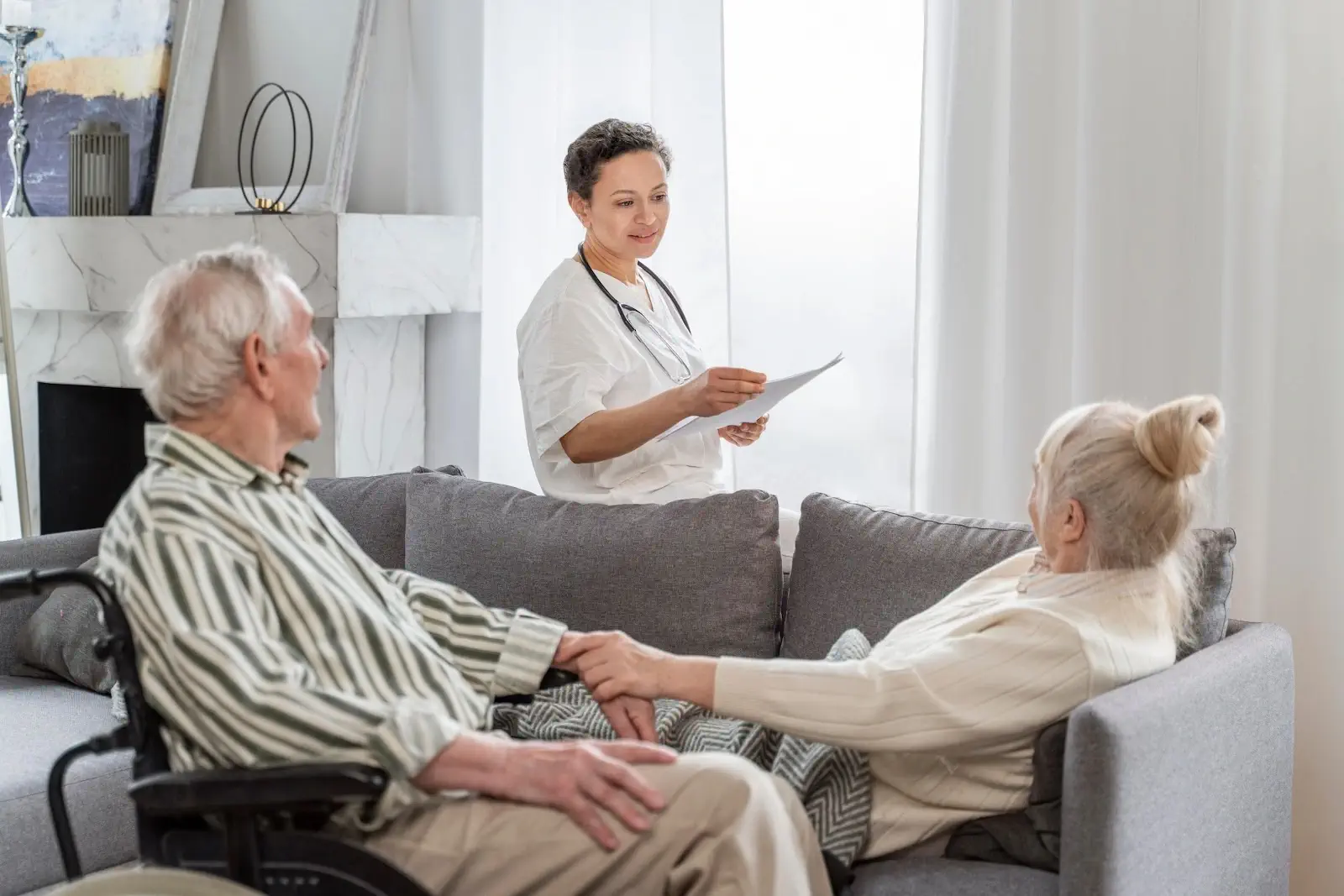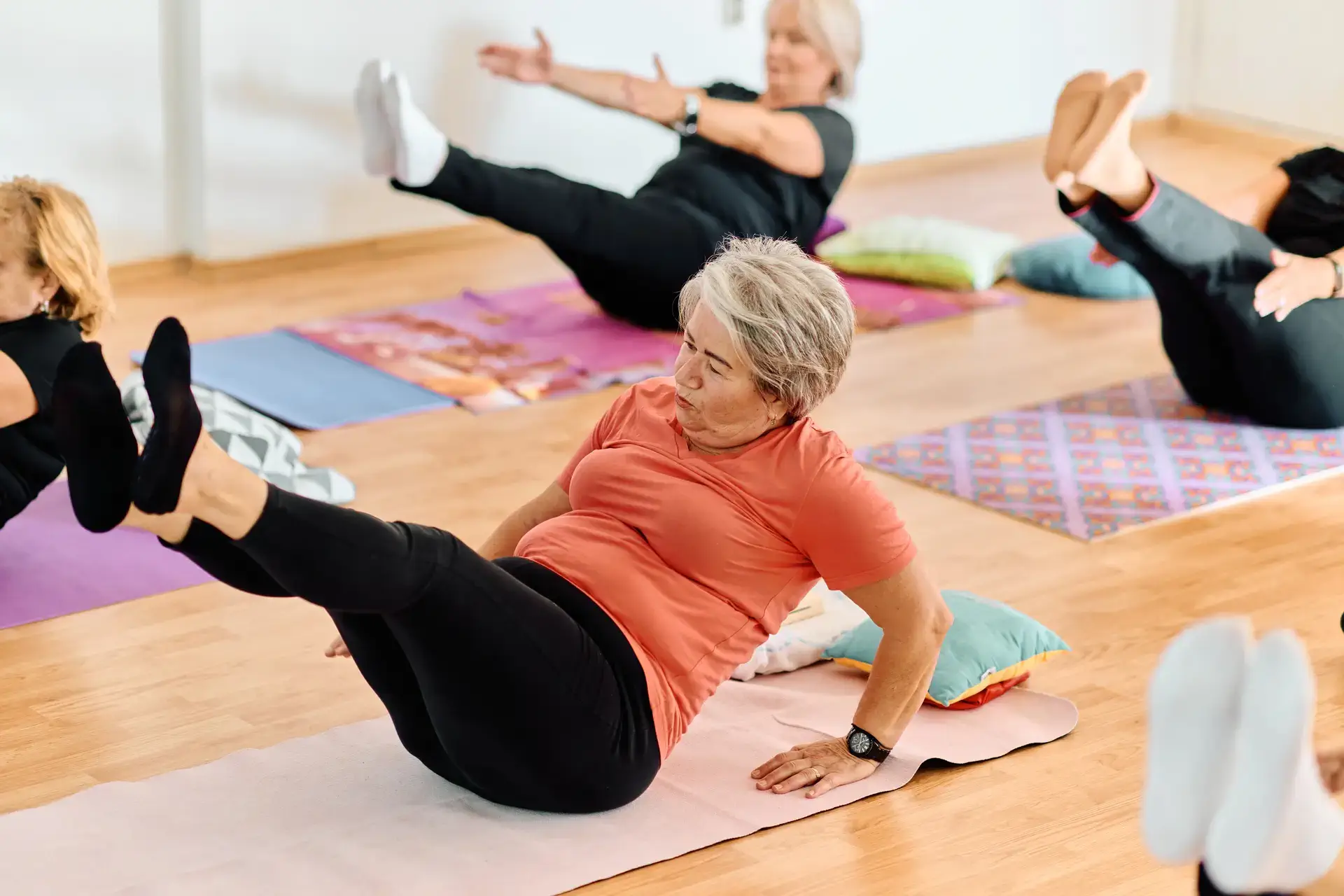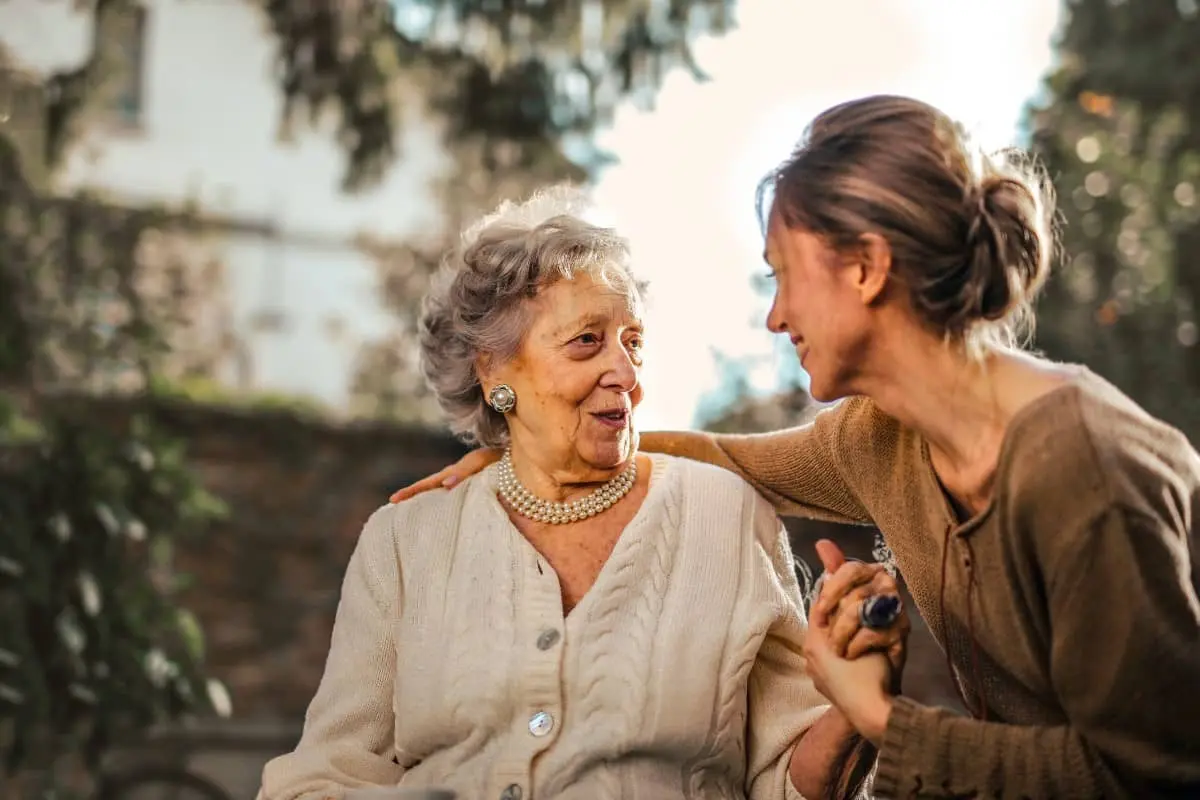
Non-Medical Home Care Services Checklist for Elderly
As people age, maintaining independence while ensuring comfort and safety becomes a top priority. Non-medical home care services have gained immense importance for older adults who prefer who prefer aging in their home rather than moving to assisted living facilities. These services help seniors with daily living activities, companionship, transportation, and household tasks—without involving medical procedures or clinical supervision. This comprehensive non-medical home care services checklist for elderly from the Human Health Mag website, like a home safety checklist for seniors living alone, serves as a detailed guide for families and caregivers to evaluate and organize non-medical care options tailored to a senior’s physical, emotional, and social needs.
What Is Non-Medical Home Care?
Non-medical home care involves supportive daily living services delivered in the senior’s residence. It differs from medical or nursing care because it does not include clinical procedures or medical supervision. In reality, non-medical home care refers to supportive assistance provided to elderly individuals in their own homes. Unlike skilled nursing or medical home health care, this category focuses on enhancing daily living, comfort, and companionship. Common goals of non-medical home care services for elderly include:
- Promoting independence
- Ensuring safety in the home environment
- Supporting emotional well-being
- Preventing social isolation
These services are often customized around a client’s lifestyle, preferences, and abilities.

Key Categories of Non-Medical Home Care Services Checklist for Elderly
The following checklist organizes services into categories for easier planning and prioritization. Families can use it to assess which areas require immediate support and which can be managed with occasional assistance.
1. Personal Care Assistance
Many seniors need help with basic self-care tasks but still wish to remain active and self-reliant. Personal care services cover activities of daily living (ADLs) while preserving dignity and privacy. Establish a personal care schedule that respects the senior’s comfort preferences, such as bathing times or cultural modesty considerations. Tasks to consider:
- Bathing or shower assistance
- Hair grooming and shaving
- Denture cleaning & Oral hygiene in the elderly
- Dressing and undressing
- Mobility support (bed-to-chair transfers, walking aid)
- Skin care and lotion application
- Toilet assistance or incontinence care
- Assistance with morning and bedtime routines
2. Companionship and Social Engagement
Emotional health plays as vital a role as physical care. Loneliness among older adults can increase the risk of depression and cognitive decline. Companion care for elderly living alone aim to provide conversation, friendship, and emotional support. Note personal interests and hobbies to match the caregiver or companion accordingly, ensuring shared interests foster stronger connection. Examples include:
- Friendly daily visits for conversation and activities
- Reading books, newspapers, or playing games together
- Escorting seniors to community events or religious gatherings
- Encouraging participation in hobbies or crafts
- Reminiscing sessions with photos or music
- Helping with technology (video calls, social media, TV setup)
3. Homemaking and Household Management
A clean, organized home promotes safety and mental well-being. Firstly, is housekeeping for senior living hard? Non-medical caregivers often assist in light housekeeping and basic home maintenance tasks. You can create a cleaning schedule or routine maintenance chart to ensure consistency and prevent neglect of any area. Common homemaking duties include:
- Dusting, vacuuming, and mopping floors
- Washing dishes and wiping countertops
- Laundry and ironing
- Changing bed linens
- Watering plants and caring for pets
- Managing trash and recycling
- Organizing closets, pantries, and daily essentials
4. Meal Preparation and Nutrition Support
Many older adults have dietary restrictions, so caregivers can plan and prepare suitable daily meal plan for the elderly. They can keep a meal log showing daily menus and fluid intake to track nutrition and identify appetite changes early. Tasks under this category of non-medical home care services checklist for elderly:
- Meal planning according to dietary guidelines
- Grocery shopping and pantry organization
- Preparing healthy and easy-to-digest meals
- Maintaining hydration reminders
- Cleaning up after meals
- Adhering to physician-recommended nutrition plans (low-sodium diet plan for elderly with high blood pressure, diabetic-friendly)
5. Medication Reminders and Health Monitoring
Although non-medical caregivers don’t administer medications, they can play a role in reminders and basic monitoring to prevent missed doses or confusion. Maintain a visible medication list including dosage, schedule, prescribing doctor, and emergency contact information. Some helpful tasks of this non-medical home care services checklist for elderly include:
- Setting up pill organizers
- Tracking medication times using charts or mobile alerts
- Recording adherence or refusals
- Observing for side effects or behavioral changes
- Communicating with family or healthcare providers when concerns arise

6. Mobility and Exercise Support
In this non-medical home care services checklist for elderly, caregivers help with gentle exercises and safe movement. They must conduct assessment to identify obstacles like slippery rugs or cluttered pathways to prevent falls during exercise for seniors. Key actions:
- Assisting with stretching and range-of-motion routines
- Accompanying walks (indoors or outdoors)
- Encouraging use of mobility aids (walker, cane, wheelchair)
- Supervising simple physical therapy routines recommended by a therapist
- Ensuring safe transitions between sitting, standing, and lying positions
7. Transportation and Errand Assistance
Transportation barriers can limit seniors’ ability to attend medical appointments or social events. Finding transportation for seniors to doctor appointments is certainly challenging. Many non-medical home care providers include safe transportation as part of their service. Typical errands of this non-medical home care services checklist for elderly include:
- Driving or accompanying seniors to doctor appointments
- Grocery, pharmacy, or bank visits
- Mailing packages or collecting prescriptions
- Attending religious services or community centers
- Visiting friends or family members
- Assisting with wheelchair loading and unloading
8. Safety and Emergency Preparedness
Safety supervision reduces risks of accidents, mishandling appliances, or falls. Continuous vigilance is vital in homes of elderly individuals living alone. Review home safety for elderly measures quarterly; because physical conditions or layouts can change over time. Important measures in this non-medical home care services checklist for elderly:
- Checking smoke detectors and emergency lights
- Ensuring walkways and bathrooms are clutter-free
- Installing grab bars, shower chairs, and non-slip mats
- Confirming phone access and battery backup devices
- Establishing an emergency contact list for quick reference
- Creating evacuation or emergency response plans
- Recognizing early signs of confusion, distress, or medical emergencies
9. Communication and Family Coordination
- Transparent communication prevents misunderstandings and builds trust among caregivers, families, and seniors. An experienced caregiver implements shared digital care notes or family group chats to synchronize caregiving tasks and updates efficiently. It is very important to know how to find reliable in-home care for parents. Communication-related responsibilities of this non-medical home care services checklist for elderly include:
- Maintaining daily care logs or journals
- Reporting incidents, mood changes, or appetite variations
- Scheduling family-caretaker conferences
- Updating care plans as needs evolve
- Supporting seniors in making phone or video calls to family & how to teach a senior to use a tablet
10. Specialized Non-Medical Support
Some elderly clients may have unique non-clinical needs related to conditions like dementia, Parkinson’s, or post-surgery recovery. While not medical, these services provide critical daily structure. Examples:
- Dementia supervision (preventing wandering or confusion)
- Structured daily routines for memory care
- In-home nursing care for post-surgery recovery
- Emotional reassurance for anxiety or grief
- Cognitive stimulation activities (puzzles, word games)
- Gentle music or art therapy sessions
Evaluating and Choosing a Non-Medical Care Provider
Before hiring, families should research service providers carefully. The best care providers show genuine empathy, punctuality, and respect for client privacy while maintaining clear communication with family members. Remember that selecting the right care provider requires careful screening and clear expectations. Use this evaluation checklist before entering into a care contract. Evaluation checklist of choosing a reliable home care Provider:

- Confirm licensing or certification requirements in your state (even if non-medical)
- Request references and background checks for caregivers
- Verify insurance coverage and bonding
- Evaluate the agency’s communication and emergency reporting protocols
- Review care plan flexibility and hourly plans
- Check service area and 24/7 availability options
- Compare pricing and billing transparency (hourly vs. package rates)
- Schedule a trial shift or meet-and-greet for compatibility testing
Technology and Tools That Enhance Home Care
Modern technology offers valuable support to both caregivers and families. Combine human care with smart home tools for enhanced safety and convenience. Recommended solutions:
- Smart home devices (voice assistants, systems of lighting for elderly people )
- Fall detectors and wearable emergency buttons
- Medication reminder apps
- GPS tracking for dementia care
- Video calling platforms for remote supervision
- Automated meal delivery subscriptions
How to Create a Personalized Non-Medical Home Care Services Checklist for Elderly
Each elderly person has distinct needs. Care plans should reflect preferences, medical history, and emotional priorities. An effective non-medical home care services checklist for elderly defines caregiving objectives and ensures smooth coordination. Steps to design and developing a personalized care plan:
- Conduct an in-home assessment to identify needs and risks
- Set clear goals such as improved nutrition, daily companionship, or safer mobility
- Outline a weekly schedule covering routines, social activities, and rest time
- Involve the senior in decision-making to maintain autonomy
- Update the plan regularly based on changes in health or mood
Common Challenges in Creating a Personalized Non-Medical Home Care Services Checklist for Elderly
Even with a clear non-medical home care services checklist for elderly, certain challenges often arise in caregiving relationships. Resistance from seniors unaccustomed to outside help, inconsistent caregiver attendance, misaligned expectations between family and care staff, declining mobility or cognitive health requiring new adjustments, and emotional toll on family members managing coordination are among typical challenges & difficulties can emerge.
Concluding Remarks
Non-medical home care services are the foundation of dignified aging at home. They address emotional, physical, and environmental aspects of elderly life without medical intervention. Using the detailed above-mentioned non-medical home care services checklist for elderly, families can design personalized care structures that safeguard safety, nutrition, companionship, and comfort.
Engaging reliable caregivers empowers seniors to enjoy their golden years with independence, respect, and a continued sense of belonging. Whether it’s a few hours a day or full-time companionship, thoughtful planning transforms ordinary assistance into truly meaningful support. Families who use this non-medical home care services checklist for elderly can confidently evaluate service providers and build a personalized care plan that respects the elderly’s dignity while assuring comfort and peace of mind.

Frequently Asked Questions (FAQ)
What is non-medical home care for seniors?
Non-medical home care refers to supportive services that help seniors with daily living activities—such as bathing, dressing, meal preparation, light housekeeping, companionship, and transportation—without providing clinical or medical treatments.
Who is eligible to receive non-medical home care services?
Eligibility usually depends on an individual’s need for assistance with daily living tasks. There are no strict medical requirements. Anyone experiencing challenges with personal care, mobility, household chores, or social engagement can benefit from these services.
What types of tasks can a non-medical caregiver assist with?
Caregivers can help with personal hygiene, dressing, meal prep, medication reminders (but not administering medications), companionship, running errands, transportation, housekeeping, and staying socially active. Specialized support for conditions like dementia is often available.
